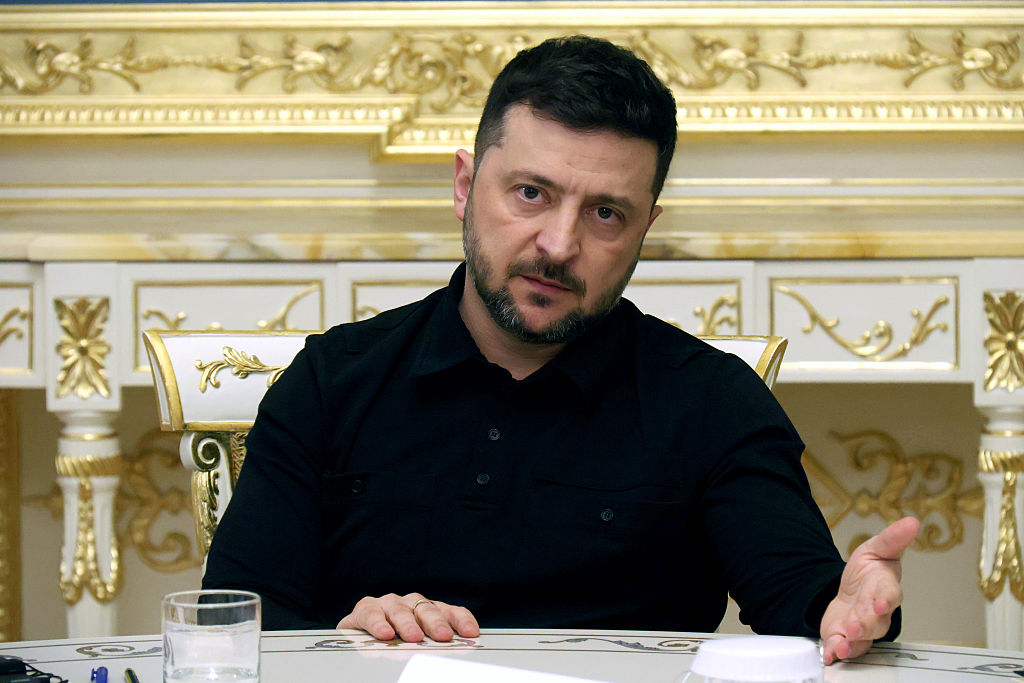A Belgian plan to challenge Europe's courts on migration
A lack of decent reception for asylum seekers is not the same as whipping, a legal expert wrote

A Belgian legal expert has urged European governments to nominate more conservative judges and revise key asylum rules, in an opinion circulating among EU capitals eager for greater leeway to deport migrants.
The paper, drafted 10 August and obtained by Euractiv, was written by Marc Bossuyt, a former president of the country’s Constitutional Court. Bossuyt told Euractiv he wrote it at the request of the office of Prime Minister Bart De Wever. Government officials declined to comment.
Last week, Belgian officials circulated the opinion to a dozen governments, including Germany, the Netherlands and Greece, as well as some other countries that earlier this year accused the European Court of Human Rights of overreach.
In May, Denmark, Italy and seven others — Austria, Belgium, Czech Republic, Estonia, Latvia, Lithuania, Poland, plus Hungary who signed on later — issued an open letter, first reported by Euractiv, arguing that the Strasbourg-based tribunal had leaned too heavily toward individual rights at the expense of national security in recent rulings.
“States are the ultimate masters of the treaties they are parties to, and governments are their representatives,” Bossuyt wrote, contending that states should not be deterred from questioning judgments on the grounds that doing so threatens the rule of law.
Shaping the bench
The opinion, titled “How to Meet the Concern Expressed by Nine EU Leaders?”, offers a two-pronged strategy: work within the existing legal framework while laying the groundwork for longer-term changes to treaties and EU asylum rules.
One of the simplest steps, Bossuyt argued, would be to nominate judges to the Strasbourg court who favour judicial restraint over those who, in his view, advocate “activist interpretations” of human rights law.
Few judges, he wrote, have been elected with personal experience with asylum procedures.
Rewriting the rules
Bossuyt also urged governments to consider pushing for amendments to the Convention, EU asylum regulations, or the Schengen Agreement on freedom of movement, rather than attempting to influence court precedents directly.
He encouraged states to catalogue rulings that have complicated return policy under existing rules, and argued that where court decisions have hindered rather than facilitated returns, the regulation should be changed.
The European Commission has already proposed new measures to speed up the removal of rejected asylum seekers. Bossuyt framed such revisions as critical to restoring what he described as a proper balance between humanitarian obligations and governments’ ability to control borders.
A continental divide
Bossuyt also wades into the long-running clash between northern and southern European countries over who should share the burden for hosting irregular migrants in the EU.
National courts have increasingly blocked transfers of asylum seekers to not only non-EU states but also EU states, like Greece, citing risks of torture, as well as inhumane and degrading treatment in overwhelmed facilities – contrary to Article 3 of the Convention.
Bossuyt argues that courts have gone too far in requiring a decent reception for asylum seekers in the country they are expelled to.
“A crucial question is whether the obligation to take care of asylum seekers has the same absolute character as to what was originally intended by the prohibition of torture,” he wrote. “A lack of decent reception for asylum seekers is clearly not of the same order as whipping. In none of the EU Member States, there is a real risk that asylum seekers will be whipped.”
He further contended that governments should not be held responsible for the treatment of migrants once they are transferred to another EU country.
Bossuyt told Euractiv that he does not know how the opinion will be used, but made clear he is open to future involvement on such issues.
“It’s the first time, I must confess, that a high politician really relied on my writings,” he said. “For many, many years, I had the impression I was preaching in the desert. Now more and more people are joining me in the desert.”
(cz)






